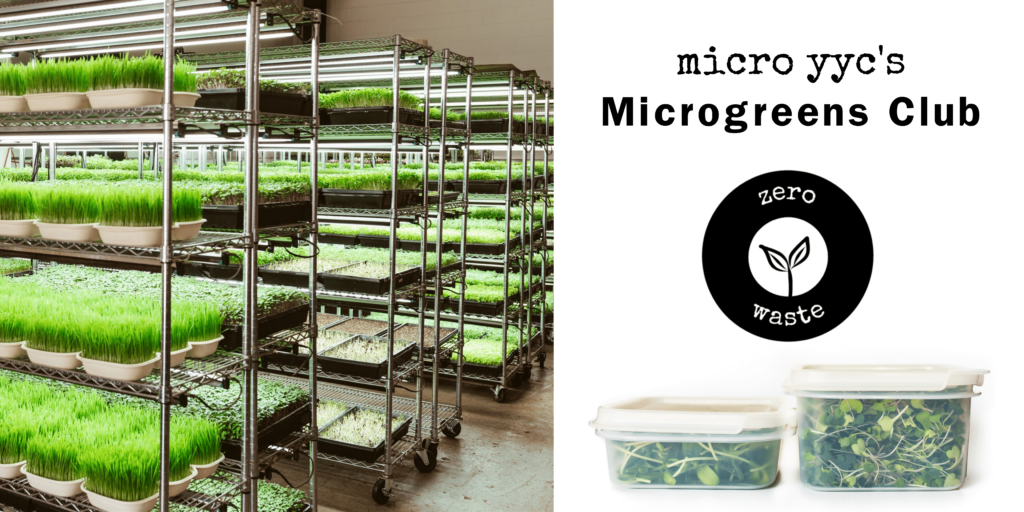
Micro YYC is an urban indoor microgreens farm that provides microgreens to local markets, grocers, and restaurants. Their latest initiative: The Microgreens Club, is an entirely zero-waste service that delivers microgreens directly to customers in reusable containers. Containers are returned each week, sanitized, and reused indefinitely.
In the world of packaging, a reuse model – as a part of a circular economy – is the only model ...
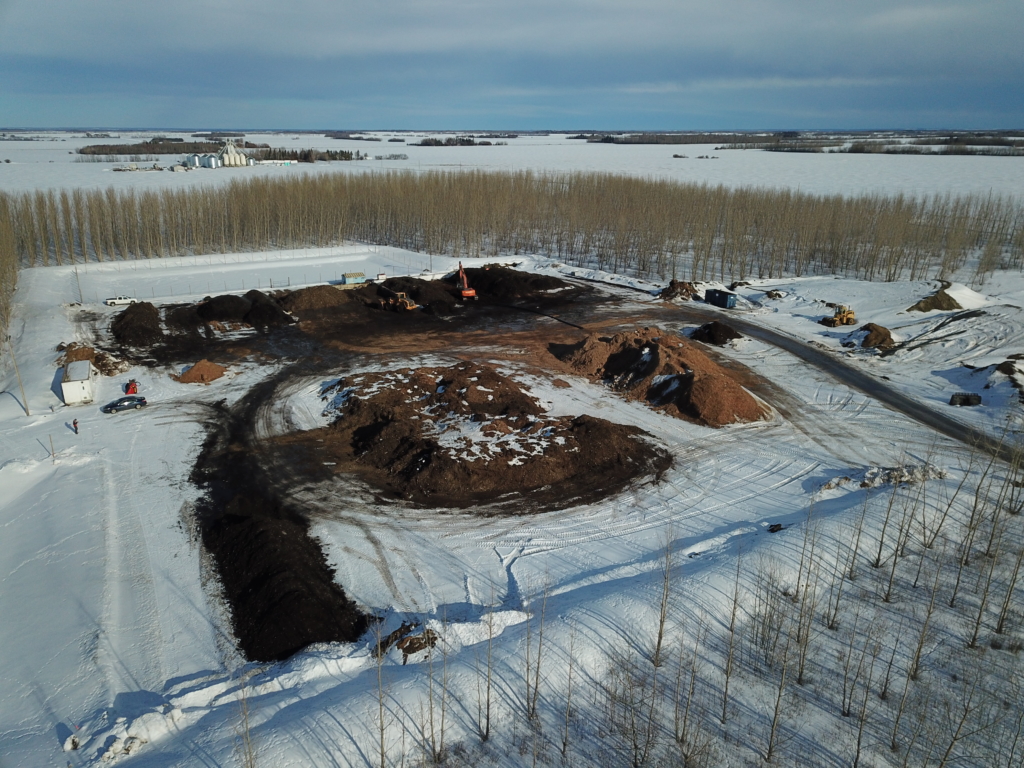
AltRoot is an Alberta-based waste management company that specializes in the handling of organic waste streams from municipal sources to produce organic compost and nutrient-dense soil.
Their facility north of Edmonton is licensed to receive 20,000 tonnes of organic waste each year from surrounding towns and rural municipalities. They use covered aerated static pile (CASP) techniques and technologies that provide rapid biodegradation. CASP effectively provides the required environmental controls ...
Blenderz Garment Recyclers reclaims and recycles textiles that are deemed unsellable by thrift stores, charities, the general public, and businesses. Blenderz uses a zero-waste, no landfill approach through a mixture of solutions that keep these textiles from the traditionally linear supply chain stream and recycles them in a closed-loop system.
In nine months Blenderz has reclaimed and upcycled, 81.35 tons of textile waste from the local ...
WILD Outside
WILD Outside is a national conservation-based youth leadership program designed for youth ages 15 to 18. The program is open to all regardless of physical, economic or any other barriers; this is a no-cost program with free enrolment that encourages youth of all levels of capability to join. By participating in this unique and flexible program, youth across Canada experience opportunities for ...
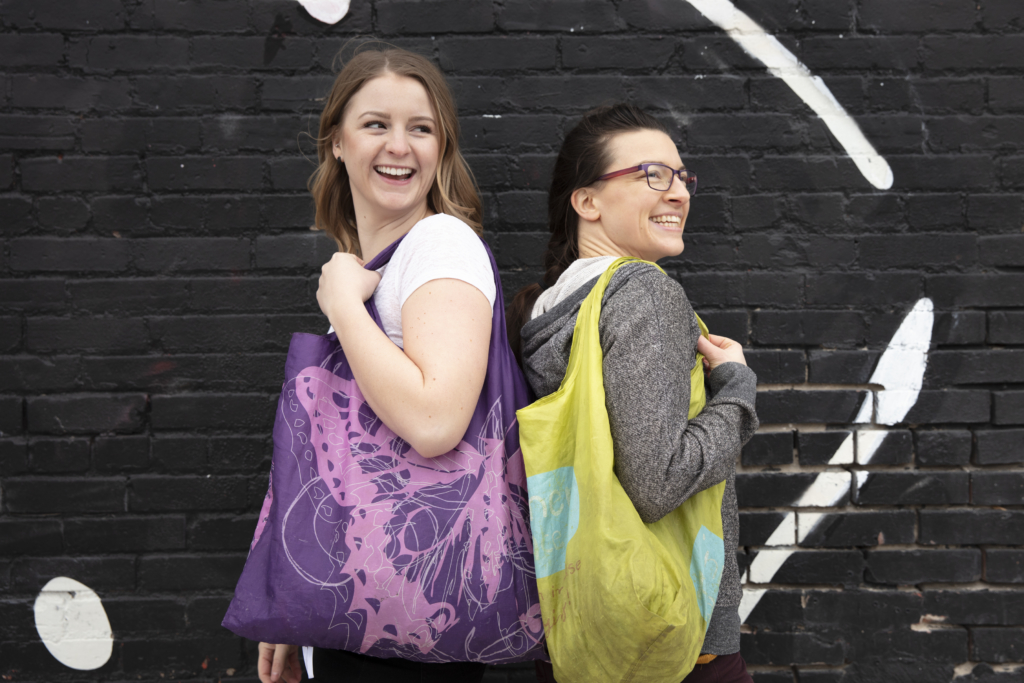
Becoming Less is a podcast about an Edmontonian journey to less waste, less impact, less consumption, and less clutter. With a focus on mindset, episodes fall into four different themes. Some episodes focus on ways our culture affects us unconsciously, bringing awareness to how our surroundings influence us. Some are about concrete swaps and solutions that individuals can make. Then there are interview episodes that include talking with local ...
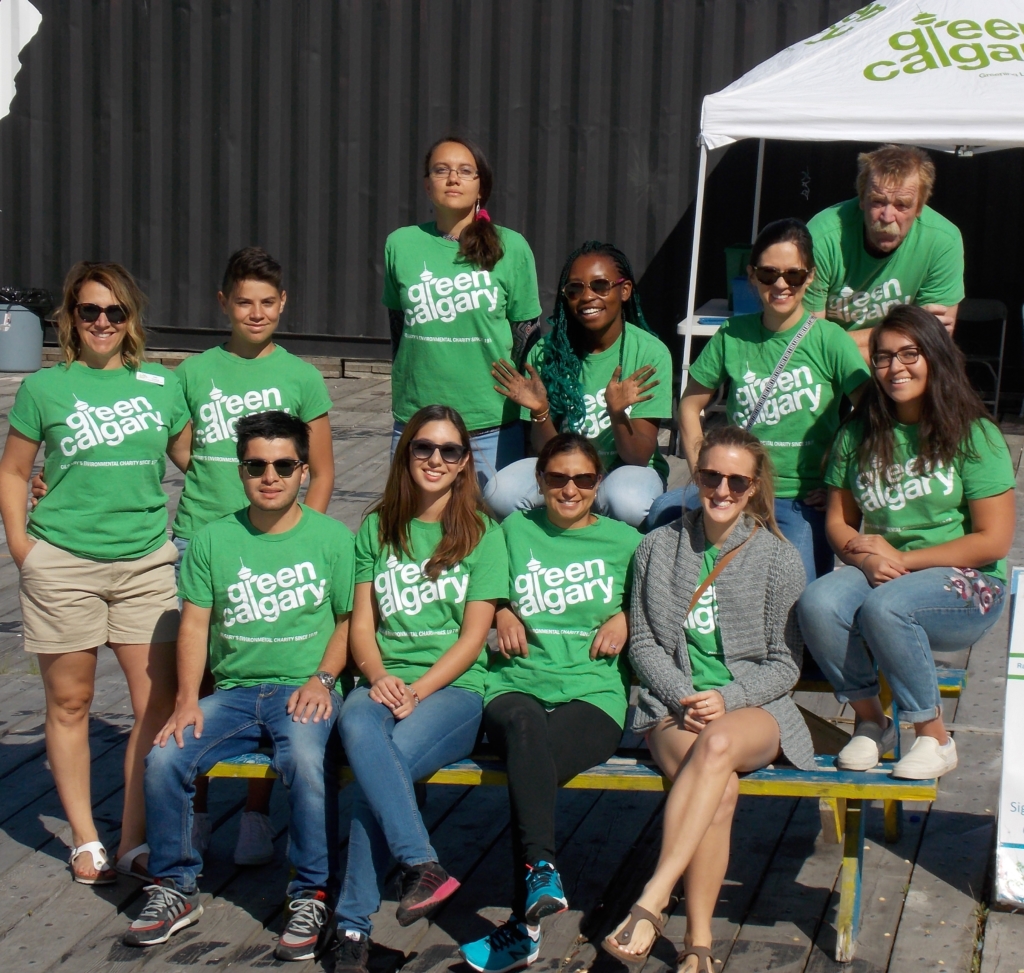
The Power of Nature is a series of workshops designed to engage ESL learners with actions they can take to reduce their energy consumption, lower utility bills, understand the connection between actions and climate change, and learn about jobs in the alternative energy industry. The program was delivered through 16 – 1-hour presentations and 4 – 1-hour in language sessions. Connecting environmental experts with immigrant-serving agencies, Power of Nature ...
Riparian Web Portal is an exciting new project created by Alberta’s watershed community. Officially launched in 2021, this online space is designed to encourage Albertans to conserve and improve riparian health today for a better tomorrow.
The Riparian Web Portal:
1) provides access to riparian data and summary tools,
2) shares examples of on-the-ground restoration and conservation projects, and
3) ...
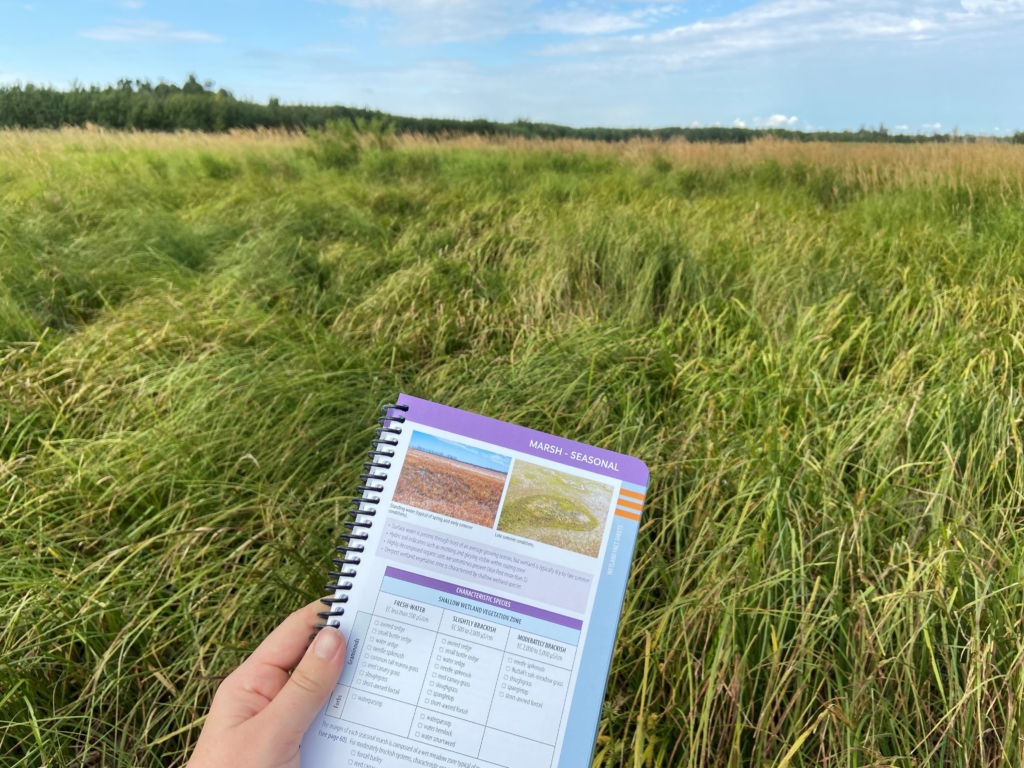
The Alberta Wetland Classification System Field Guide provides wetland information clearly and logically, for users to navigate while assessing a wetland in the field. The introductory content of the guide exposes users to wetland functions, values, and classification concepts like the five main wetland classes in Alberta (bog, fen, swamp, marsh, shallow open water). The guide then walks users through wetland classification with:
1. 24 detailed fact ...
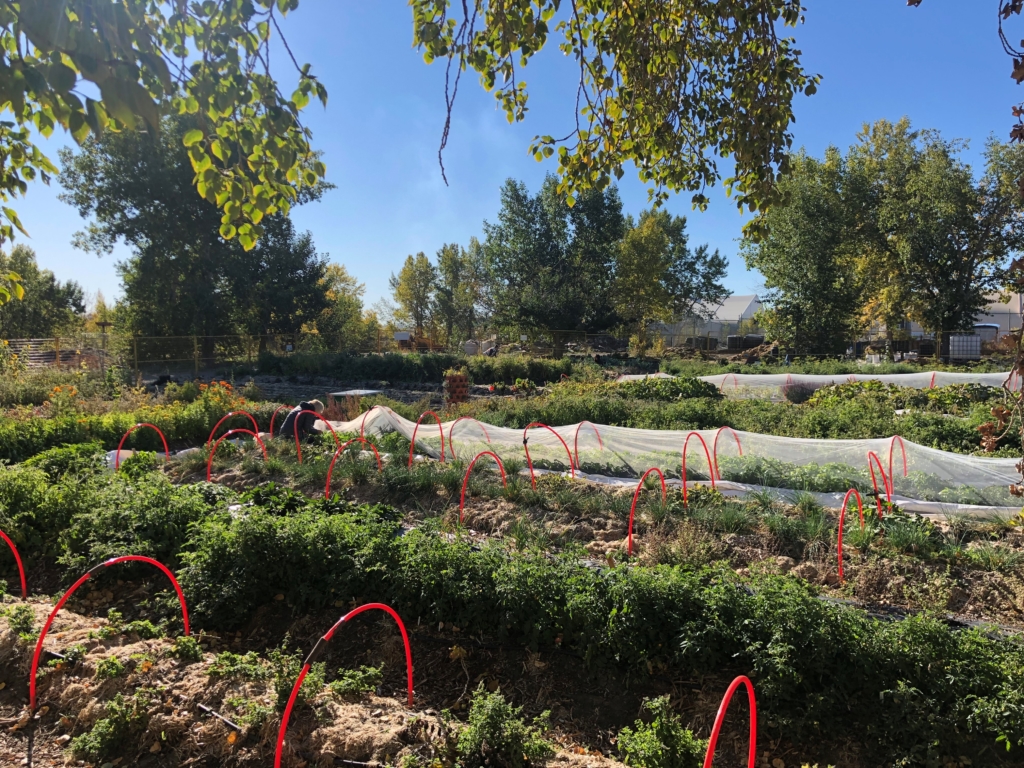
Highfield Farm is located on 15-acres in the heart of an industrial community in the city of Calgary. In partnership with the Compost Council of Canada and the City of Calgary, they are transforming this vacant property into a vibrant and productive urban farm through soil revitalization, food production and community programming. The Highfield Farm urban agriculture project produces locally-grown food, raises general awareness of urban agriculture, generates entrepreneurial ...
Since 2014, the Edmonton Urban Farm (EUF) has helped make Edmonton a greener, more sustainable city in several ways.
1) It has transformed 2 acres of excess urban land (abandoned, strewn with garbage and invasive weeds) into a productive space providing 300 plus people and their families with nutritious, locally grown food. This reduces the city’s carbon footprint AND it serves as a model to other ...





